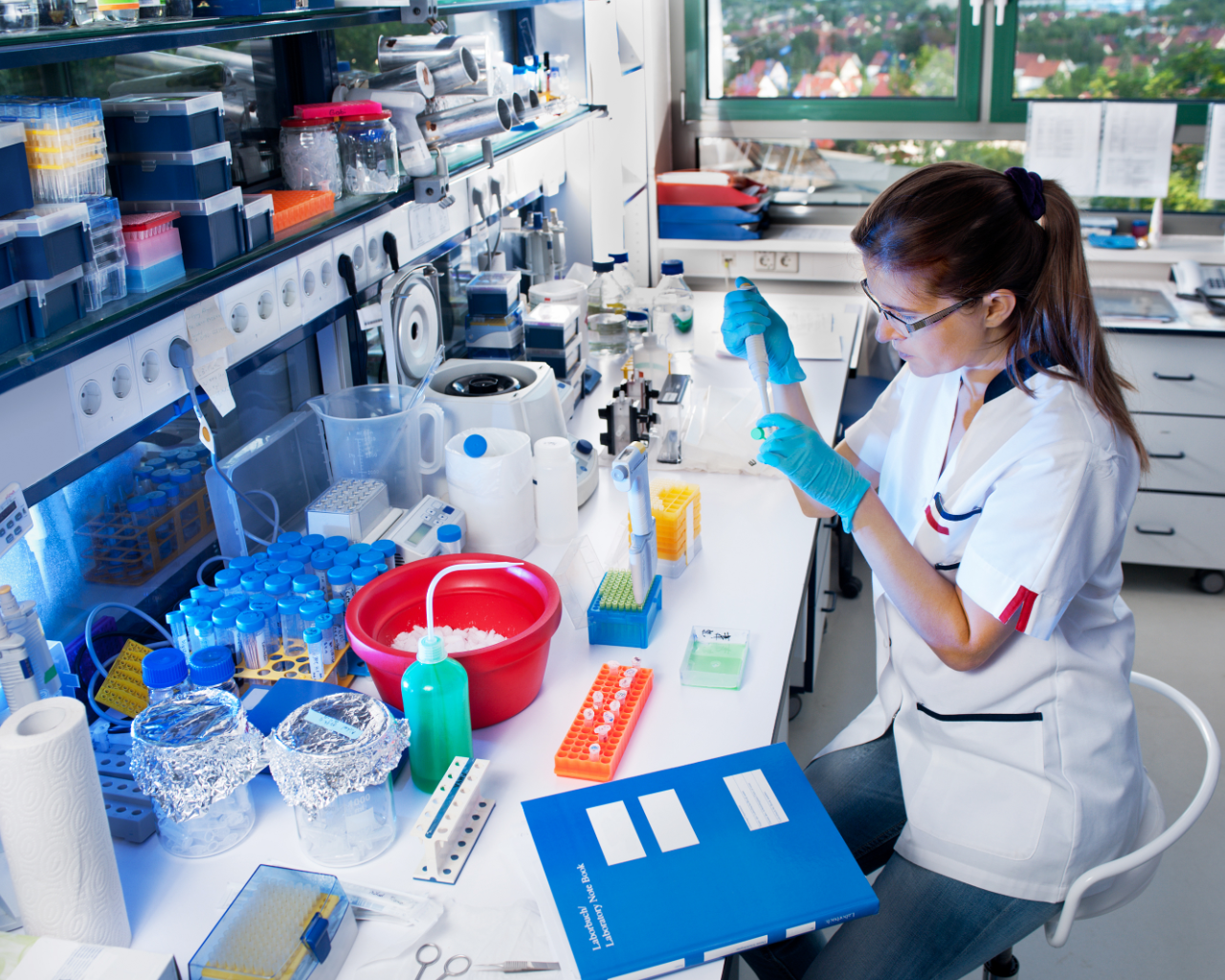31 Mar New Code of Conduct for QPs developed by EQPA
EU Directive 2001/83/EC describes in Article 52 that member states must ensure the fulfilment of the duties of Qualified Person (QP) either by administrative measures or by subjecting QPs to a code of professional conduct.
These requirements have been extracted from the relevant documents and are summarized in the Good Practice Guide “EQPA Code of Practice for QPs – Duties and Responsibilities for Qualified Persons in the EU” and is available publicly on the European QP Association website.
The new version 9.0 launched in January 2023 comprises a new chapter “Ethics for the Qualified Person – A Professional Code of Conduct” in addition to general revisions and a revised Annex 1 with the national requirements.
As the European QP Association (EQPA) is not aware of a Code of Conduct being published by any EU/EEA authorities, it was decided to develop such a code until an official version becomes available by the EU regulatory or National Competent Authorities (NCAs).
The new code is specifically intended to define and ensure the ethical dimension for QPs. It might also be used in informing other groups (e.g. senior management) of the specific duties of the QPs. It is further intended to become a reference to QPs and NCAs.
The following ethical duties of the QP have been identified:
- Selflessness
- Integrity
- Objectivity
- Responsibility
- Transparency
- Honesty
- Leadership
- Knowledge
- Prevent professional misconduct
- Rigour and Robustness
SOURCES:
EQPA Code of Practice for QPs – Duties and Responsibilities for Qualified Person
Latest posts
-
01 October, 2024 Blog
EDQM publishes revised Ph. Eur. Water Monographs for public comment





